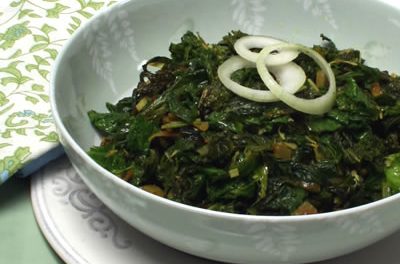According to those employed in the business of coupons, spending 10 minutes a week clipping and organizing coupons can save people an average of seven dollars per week; spending 20 minutes can save us up to nineteen dollars per week.
Some surveys, however, suggest that coupon clippers don't necessarily save money compared to the time they put in or to those who shop without coupons.
If you buy more highly processed, less nutritious foods because you have coupons for them, are the coupons helping you or hurting you? Take a few minutes to review whether you are using coupons to your best overall advantage.
Would I buy it anyway?
A common way of calculating money saved by using coupons is to compare the full-price total of items in a grocery cart to what you spent after using coupons. However, if you chose a higher-priced brand than you normally buy just because you had the coupon, or even bought a snack food that you wouldn't ordinarily buy at all, you haven't really saved money.
Do I want two?
Many coupons now offer savings only when you buy two of a particular item. For foods like spaghetti or canned tuna that you can store for extended periods, these coupons make sense. However, studies show that the more we stock up on some snack foods, the more we eat them. So even though buying two containers of ice cream, cookies or chips should last you twice as long as one package, two may go as fast as one � and that may be the opposite of your healthy eating resolutions. If having two of something in your cupboards is not best for you, forgo the coupon and just purchase one.
Cheaper than generic?
Sometimes the brand name grocery item brings something special not found in generic versions, but in many cases, generic foods are the same. Check the price of the brand name product after deducting the coupon value and compare it to the generic and store-brand versions. Often the coupon doesn't bring costs down to the latter level.
Cheaper than homemade?
Many coupons apply to convenience mixes and foods that cost considerably more than the simple raw materials you need to make the rice, potato or casserole dish yourself even though doing it takes no more than five or ten extra minutes. A box of plain rice or pasta plus a jar of herbs may cost more than the mix. But the herbs will last a long time, and overall it's far less expensive to season your own foods than pay for a mix. If your homemade version also allows you to use a whole grain, less sodium or a healthier kind of fat, it's hard to consider the processed mix with a coupon a better buy.
Is it the right time and place?
To maximize the money you save using coupons, use them when the products are on sale or a featured savings item with your shopper's card and in a store that doubles coupon values. In order to take advantage of this, you need an organizational system to file a stash of coupons for foods you use frequently in a way that you can pull out the one you want quickly when you see that the product is on sale.
Is it helping me eat healthier?
Check the Web sites of companies that produce the nutritious foods you use most often. You may find coupons there or have the chance to sign up for newsletters with coupons you would not otherwise receive. Use money saved with coupons to buy the foods that generally don't have coupons and that are lacking in most of our diets � more vegetables and fruits.
0






